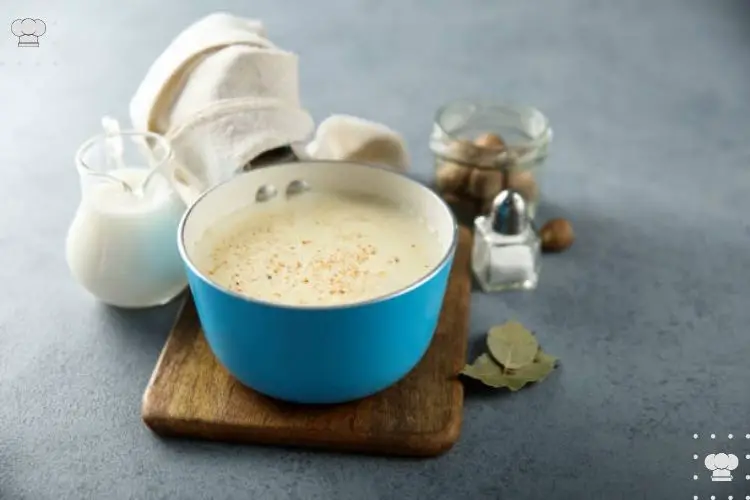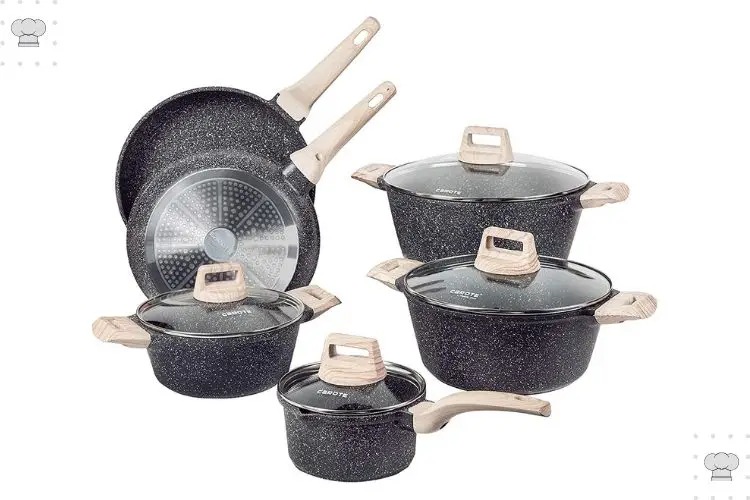How to replace rye flour for different home preparations?
First of all it should be remembered rye flour is obtained by grinding the seeds of rye, a cereal of Asian origin from which is obtained a flour having a pretty dark color.
Like many other flours derived from cereals, rye flour contains gluten, even though in very low quantities.
It is a flour rich in nutrients, in particular
- vitamins
- mineral salts (calcium, iron, iodine, potassium and sodium)
- fibers
- proteins
Thanks to these nutrients, rye flour has important blood-thinning properties that preserve the health of the entire cardiovascular system and even the aging of blood vessels.
It has a low glycemic index and little gluten, but this great absentee (gluten) makes doughs made with this flour lack elasticity and not very strong.
However, its use is great for making delicious rye bread, delicious cookies, cakes, but also pasta, buns and fries.
How to replace rye flour?
Kamut flour
Similar in characteristics, Kamut flour is rich in:
- proteins
- mineral salts
- Vitamin B and E
- unsaturated fatty acids
It is also an easy to digest flour, well-tolerated by coeliacs, despite it contains small quantities of gluten.
Kamut flour is excellent to replace wheat flour in the preparation of bread, cookies, cakes, buns, pasta.
Spelt Flour
Spelt flour is another ingredient that can replace rye flour in preparations.
Like the latter, in fact, spelt flour is rich in:
- proteins
- vitamins
- mineral salts
- essential amino acids
- fibers
It also contains gluten, therefore it is not suitable for celiac people. Digestible and healthy, spelt flour is used instead of other wheat flours for the preparation of bread, pasta and other bakery products.
Spelt flour can be used alone or combined with other flours, such as whole wheat. Try this rye bread recipe, replace the rye flour with 1/2 spelt flour and 1/2 whole wheat.
Corn Flour
Cornmeal differs a bit from rye flour in that it is quite caloric, but low in nutrition (especially protein and vitamins).
However, it is a gluten-free alternative to be used mainly in the preparation of cookies and cakes, but also savory products.
Barley flour
A substitute of rye flour for the production of bread and other bakery products is barley flour.
Barley, as well as the flour derived from it, is rich in
- proteins
- mineral salts
- vitamins A1, B1, B2, B3 and E
This flour contains little gluten, therefore not very suitable for leavening unless it is combined to wheat flour.
Barley flour is however suitable for the preparation of cookies, buns, pasta, as in the case of these honey rye cookies in which rye flour can be substituted with barley flour.
Rice Flour
Rice flour is always a good alternative for replacing many other flours, including rye flour.
Compared to this and others, rice flour is rich in starch (carbohydrate) and calories, but poor in other nutrition as it contains little water, little protein, little fat, few minerals.
It does not contain gluten and it can be used in substitution of other flours, such as rye flour, in gluten free nutrition.
Moreover, rice flour, having a pretty neutral taste, is versatile and used in many preparations such as sweet or salty doughs, breading or as a thickener.
Oat flour
For the preparation of bakery products or cookies rye flour can also be substituted with oat flour.
Oat flour has similar characteristics to rye flour, as it is rich in:
- calories
- proteins
- vitamins B1 and PP
- mineral salts
As it contains gluten it is not naturally suited for the nutrition of celiacs and intolerant people.
In the preparation of shortcrust pastry, for example, it is possible to use oat flour together with or instead of rye flour, as in the recipe below.
Whole wheat flour
Whole wheat flour, as opposed to white flour, comes from the milling of all the parts of the seed.
It is definitely more complete than the white one because it contains not only starch, but also proteins, vitamins, mineral salts, fibers and can replace rye flour in every preparation.
Of course, according to the type of milled seed, whole wheat flour may or may not contain gluten.
Other gluten free alternatives
Flours that can replace rye flour, without gluten, are also all legume flours, quinoa flour, soy flour, millet flour, potato flour, teff flour, chia flour and others.
Other alternatives with gluten
Traditional flours (which contain gluten) that can replace rye flour include spelt flour, trical flour, Bulgur flour and all common wheat flours (durum wheat, soft wheat, Manitoba).












Leave a Reply